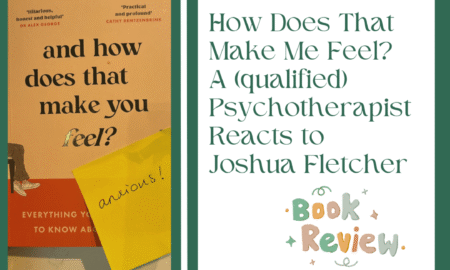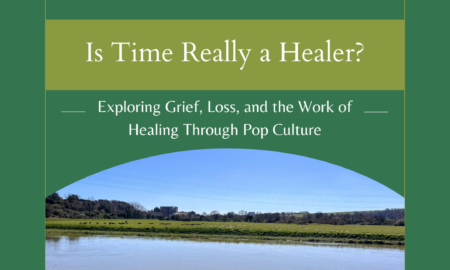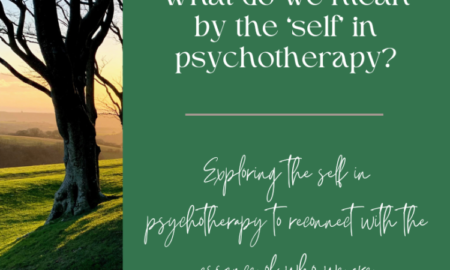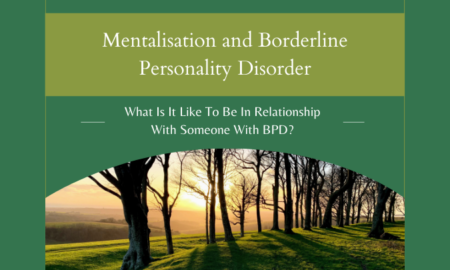Your Mental Health During Lockdown

For the last few months, the majority of us have been living with new limitations. This has come with a wide range of complex challenges to our mental health. Freedom of movement has been restricted and ‘social distancing’ is now not only a standard part of lexicon but a new way of life. Mental health during lockdown has come under the spotlight.
It is no surprise that the current Corona pandemic is having just as much effect on people’s mental health as it is their physical health. Increased levels of stress and anxiety are being widely reported and there is already concern for the longer term implications of our lockdown.
So what is going on?
The Lockdown Effect
For those with pre-existing medical or mental health issues, there may be a spike in stress and anxiety as well as a more intense general level of emotional distress. To a certain extent, feeling anxious about what is going on in the world is normal. Under these very unusual circumstances it is actually expected that we may be experiencing stress and anxiety. After all, the world has changed in (and I’m going to say it…..) unprecedented ways.
But what happens to us when healthy levels of stress tip into the unhealthy?
The Stress Response
When we are under stress our body releases adrenaline and cortisol into our bloodstream and our body equips itself for a fight or flight response. Our heart rate picks up and our energy levels pique. Our body is preparing itself for a potentially threatening or dangerous situation. In periodic and short spurts, cortisol is useful to us as it boosts immunity by limiting inflammation. Cortisol also equips us to deal with the situation by limiting any non-essential functions. Once the threat subsides, hormone levels usually return to normal.
Sometimes, however, this doesn’t happen. We may be exposed to enduring higher levels of cortisol which can wreak havoc on a variety of body processes. We may also end up feeling quite wired and constantly on edge.
The important thing to be aware of is that this can have an emotional and a physical impact on us. To mitigate the impact, we need to be able to regulate our stress and anxiety levels. Stress is known to cause an excess of cortisol in the body and this can make feelings of depression more likely. Not only this, the synapses in our brain shrink as a result of a cortisol overload and we are less able to think clearly or be anything like our best selves. Too much adrenaline in our bodies can also have an adverse effect on our immune system. At a time when we are all seeking to be as healthy as possible, this would be a pretty unwanted result!
Managing Your Mental Health Whilst At Home
Currently we’ve lost control over so much we often take for granted. We cannot control when we go shopping, when we see our family or when go out for a drink with our best mate. It can be hard to acknowledge just how much we have lost control of. On the other hand, there’s a real chance to recognise where we can regain a sense of control in our lives. Essentially, we are reminding ourselves of what we have always, and continue to be in charge of.
One thing that can be really useful, is to stick to a timetable. Ordinarily, setting a time to have lunch may seem a relatively trite thing to do when our time is more our own, but maintaining a sense of structure and routine to our day is really important to general mental health during lockdown. It may have been great to see the time gained from not travelling into work as a lie-in opportunity, but going forward time structuring and a sense of security and stability is a basic human need.
Planning your own day is within your control. You can implement your own structure and routine. Pick a regular time to still have breakfast, get up in time to start your work-from-home day at the designated time. If you are not working you may find it useful to still get up at the same time as usual. Have lunch at the same time. Put time into your day for self-care. Go to that online Body Pump class and have a virtual coffee with your fitness buddy after.
Establishing and sticking to times we set for ourselves is within our control. Acknowledging this and reflecting on this can be very grounding and empowering. It can also be a useful tool in getting through a very challenging time!
You may also be interested in...

How Does That Make Me Feel? A (qualified) Psychotherapist Reacts to Joshua Fletcher
When I picked up this book, I expected a playful, tongue-in-cheek take on therapy. After all, as psychotherapists, we’re familiar with lines like: “Nothing can make you feel anything…

Is Time Really a Healer?
Pop Culture and Loss I recently finished the Netflix series One Day. (Spoiler alert—if you haven’t seen it yet, you might want to pause here and come back once you…

What is Mature Love?
Creating Meaningful Connections Mature love, what is it? I’m not talking about being 80 years old and holding hands on a walk through the park here. I am talking about…

What Do We Mean by ‘The Self’ in Psychotherapy?
Understanding the Concept of the Self The concept of "the self" is central to psychotherapy, yet it can feel elusive and abstract. As therapists, we often talk about self-awareness, self-development,…

In a Relationship with Someone with BPD?
Being in a relationship with someone who has Borderline Personality Disorder (BPD) can be emotionally intense and, at times, confusing. You may experience moments of deep connection, only to be…

New Year, Fresh Start: How Reflection Fuels Personal Growth
As the New Year begins, many of us feel a renewed sense of purpose, setting resolutions that reflect our hopes for personal growth and change. While it’s true that committing…
Ready to Make a Change? Book an Initial Consultation Today
If you have any questions at all about therapy or would like to make an appointment, get in touch. I will usually be able to respond to you within 24 hours.
